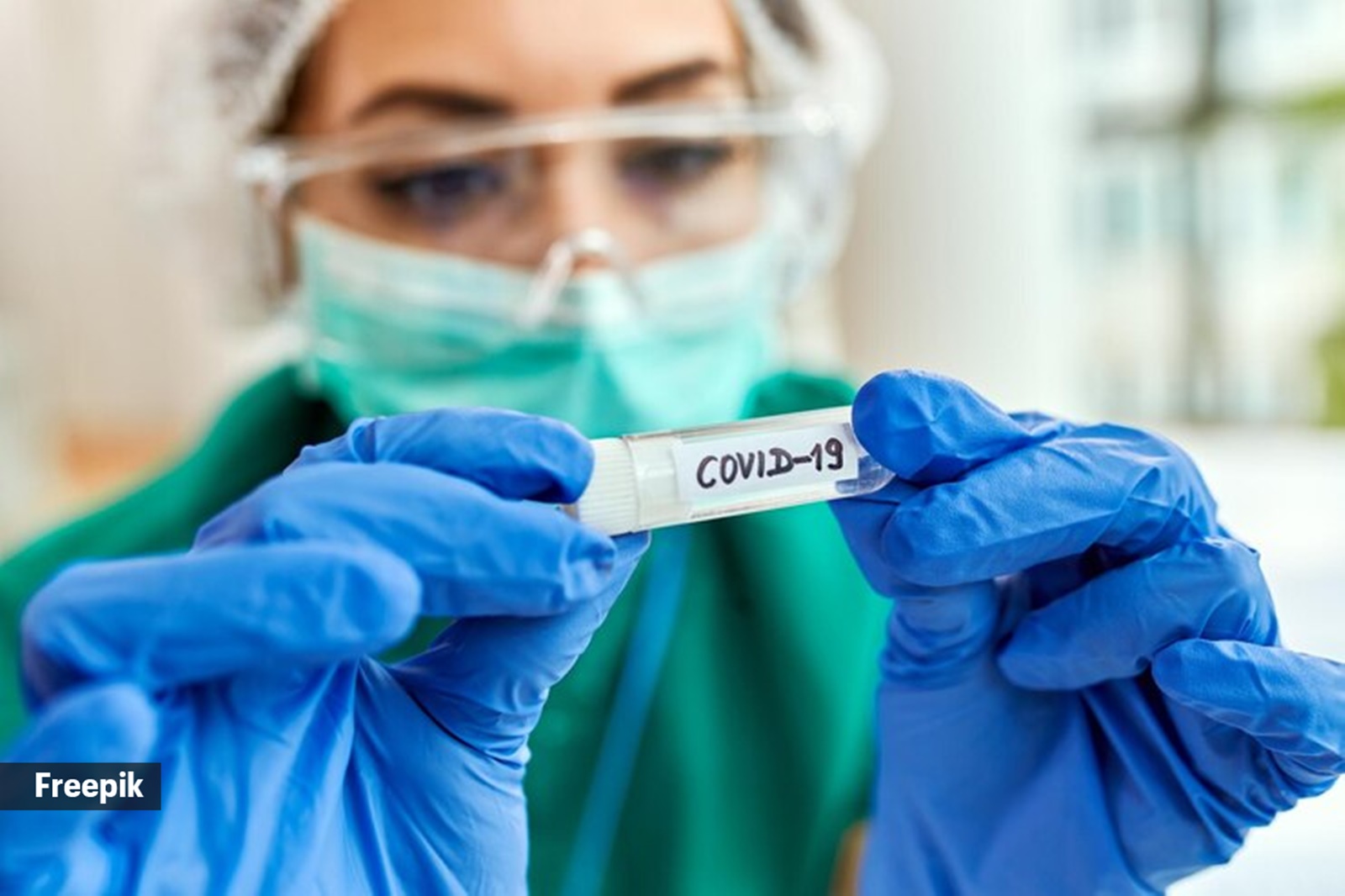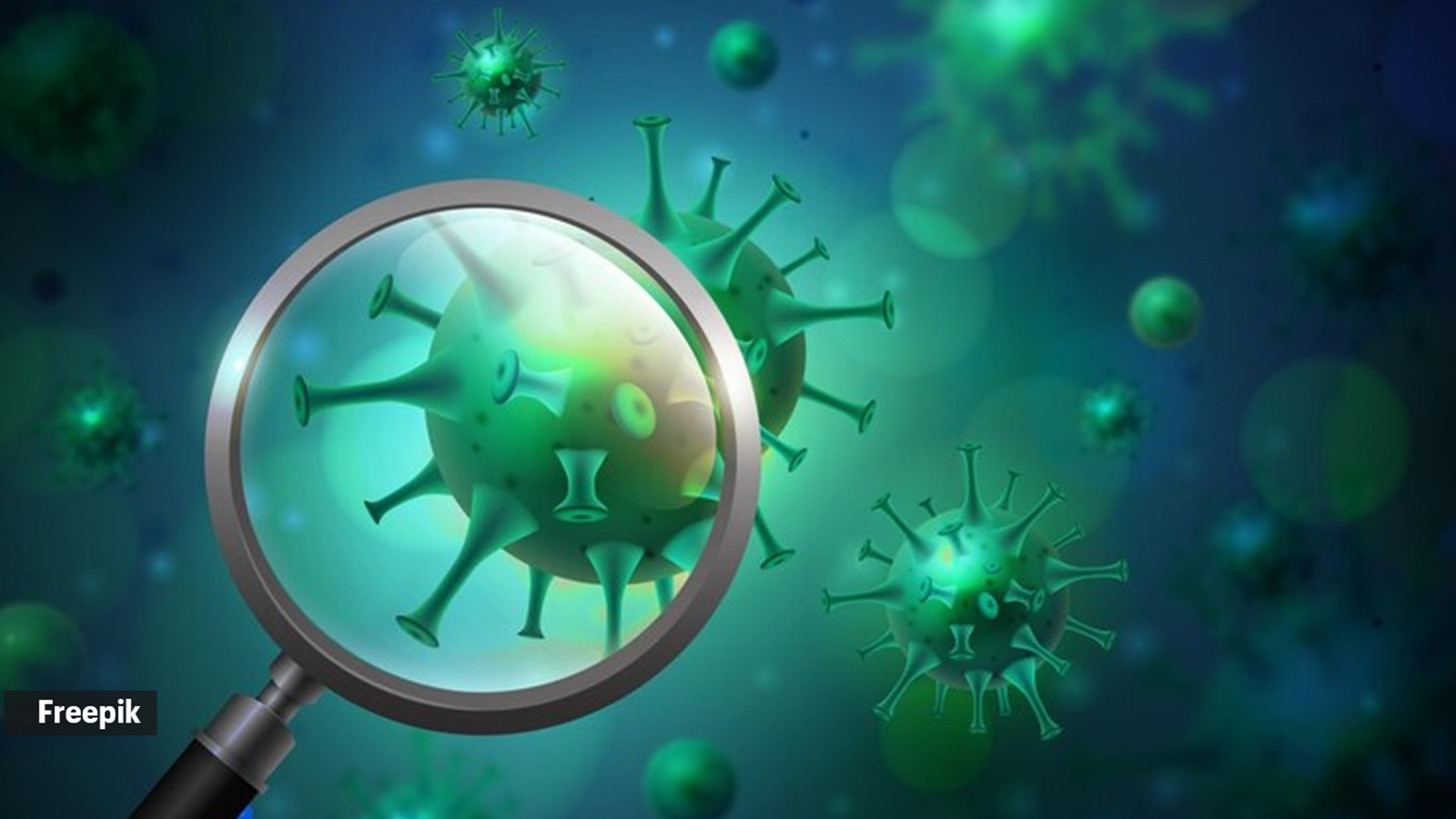
Japan is currently experiencing a record spike in cases of streptococcal toxic shock syndrome (STSS), a rare and potentially deadly bacterial infection. According to reports from the Health Ministry, as of June 2, 2024, there have been 977 recorded cases of STSS in Japan. This number surpasses the previous record in 1999 and represents a significant increase compared to last year's figures. The mortality rate for STSS is up to 30%, making it a serious concern for public health.
STSS is caused by group A streptococcus (GAS) bacteria, which can produce fever and throat infections in children. In rare cases, these bacteria can produce toxins that enable them to gain access to the bloodstream, leading to invasive group A strep (iGAS) infections. These invasive bacterial infections can cause serious illnesses such as toxic shock and even death.
The reasons for the recent surge in STSS cases remain unclear. Some experts suggest that weakened immune systems due to Covid-19 restrictions may be contributing factors, as people were less exposed to bacteria during the pandemic. However, others point to the relaxation of these restrictions and increased socialization as potential causes.
Older people with open wounds are at an increased risk of contracting STSS. Prompt treatment and good hygiene practices, such as regular hand washing, can help prevent the spread of this dangerous infection.
The World Health Organization (WHO) and the US Centers for Disease Control and Prevention (CDC) are closely monitoring the situation in Japan and investigating potential causes for the rise in cases. It is important to note that STSS is a rare but serious bacterial infection, and it can be fatal if not treated promptly.
For more information on this developing story, please stay tuned to reputable news sources for updates.


